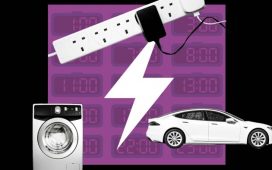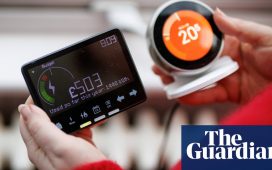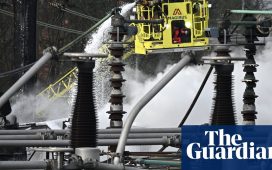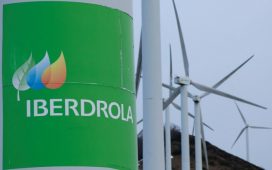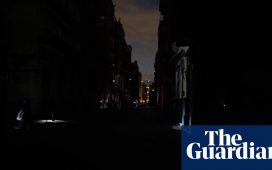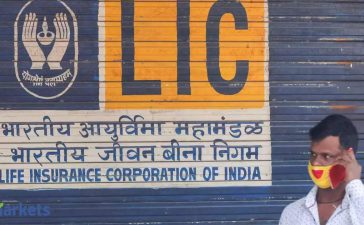Unlock the Editor’s Digest for free
Roula Khalaf, Editor of the FT, selects her favourite stories in this weekly newsletter.
The UK government has signalled it will not step in to help France’s EDF fund Hinkley Point C after its Chinese partner CGN halted payments to cover mounting cost overruns on Britain’s flagship nuclear power project.
The reluctance of the British government to intervene comes as the price tag for the power plant under construction in south-west England is likely to exceed the revised £32.7bn estimate EDF put on it earlier this year, according to people close to discussions.
CGN, EDF’s partner in Hinkley Point C, had agreed to finance 33.5 per cent of the original £18bn cost of the plant in 2016, with the French group responsible for the remainder.
But after paying its contracted share, CGN has not made payments linked to the overruns in recent weeks, three people familiar with the matter said. The French group warned earlier this year that the Chinese group could refuse to pick up the extra costs.
“There was an expectation this would happen and now it has,” one of the people said. “EDF is looking at ways the British government might be able to help but these discussions could take time.”
One UK government official said there were no plans to step in to fill the gap left by CGN, suggesting EDF could pull in other investors. “It is a commercial contract which we obviously don’t play a part in financing,” the official said, adding: “It would first be a matter for the shareholders.”
One industry source said pulling other investors into the project at this stage would be “complicated”.
The French economy ministry said it was in contact with London over the issue. “We’re working with the British government to ensure the rollout of the UK nuclear programme, including on the financing front,” an official in Paris said.
French President Emmanuel Macron last year ordered EDF to be fully nationalised after its finances were hit hard during the energy crisis just as it was gearing up for a huge investment programme to build a fleet of new nuclear power plants in France.
EDF plays a similar key role in Britain where, in a joint venture with Centrica, it owns and operates the current fleet of ageing nuclear power plants, most of which are due to cease operation by the end of the decade.
It is also the only company developing new large reactors in the UK, including a second project on the Suffolk coast called Sizewell C, to offset the significant loss of nuclear-generating capacity in the coming years.
Plans to build a new fleet of reactors for the UK have been around for almost two decades but the programme has been dogged by delays and the withdrawal of several private companies as successive Conservative governments have struggled to find a financing model that worked.
The £32.7bn bill for Hinkley Point C in Somerset is being recalculated. Two people familiar with the matter said the costs were likely to rise again and its long-delayed opening, currently scheduled for June 2027, was likely to be delayed once more.
The fallout over funding for Hinkley Point C comes as relations between London and Beijing have deteriorated in recent years. Early last decade, the Tory-led government turned to China to help fund the building of its new generation of nuclear reactors.
But more recent Conservative governments have taken a more aggressive stance towards Beijing after the suppression of democratic protests in Hong Kong, its more hostile stance towards Taiwan and allegations of spying.
In recent years, ministers moved to limit Beijing’s influence in UK infrastructure projects, including by pushing CGN out of the civil nuclear programme and its involvement in Sizewell C.
EDF declined to comment. CGN could not be reached for comment.
Additional reporting by Edward White in Shanghai

